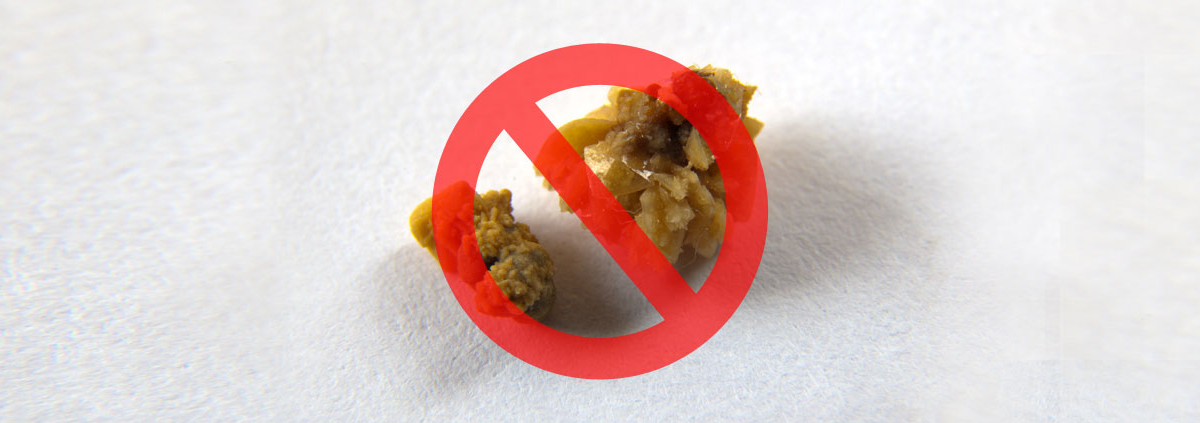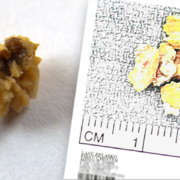How to Be Stone Free
I do my best to avoid social media. Occasionally, I make a comment and it confirms I was correct to have hands off in the first place. There was a discussion on the benefits of a lifestyle-only approach to health, completely avoiding conventional medicine. I remarked that some things, such as the bladder stones I just had removed, couldn’t be fixed with lifestyle alone and that it was good to have medical options available. That led to being lectured on how diet could fix anything. Hmmm. I, too, have Google. And I also have a PhD in health education and nutrition, but okay and buh-bye. I can’t deal with that level of ignorance.
After my urologist told me he had removed stones over an inch in diameter, my little stone didn’t seem so bad. I asked him, “What was the treatment before catheters and surgery were invented?” What happened was that people died. They couldn’t urinate, developed infections when they couldn’t eliminate their urine, and died.
Every time you think things were better back then, before conventional medicine was developed, think again. That doesn’t mean our healthcare system couldn’t be better, but it sure beats death.
Preventing Stones
There are several steps we can take to reduce the risk of forming any type of stone.
- Drink plenty of fluids. Aim for one-half your body weight in ounces of fluids per day. Every fluid counts, even caffeinated drinks such as coffee and tea, plus the ice that melts in your iced tea or soft drink.
- Reduce your sodium intake. That’s one of my specific issues because I love salty foods. Sodium can help cause stones from calcium, so lowering your intake is important.
- Reduce protein intake from animal sources. Excess protein contributes to an increase in acidity, which can also help create an environment that makes stones.
- Increase vegetable and fruit intake. They contribute to making the body more alkaline, which reduces stone formation.
- Increase your citric acid intake. The easiest way to do that is to drink lemonade, limeade, and eat more citrus fruits. Just remember to pay attention to the sugar in the lemonade.
The Bottom Line
The biggest risk factor for getting a stone is having had a stone. To reduce the risk, we have to change our lifestyle. We don’t have to be perfect; we just have to be better than we are today. If you’ve experienced the pain and discomfort of any type of stone, these changes are a whole lot easier to live with in my opinion.
And for the record, diet can’t fix everything. It can help, so do all you can, but if you need medical care, the smart move is to call your doctor’s office.
What are you prepared to do today?




